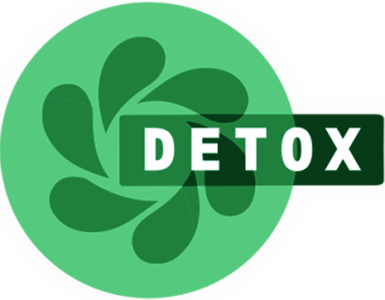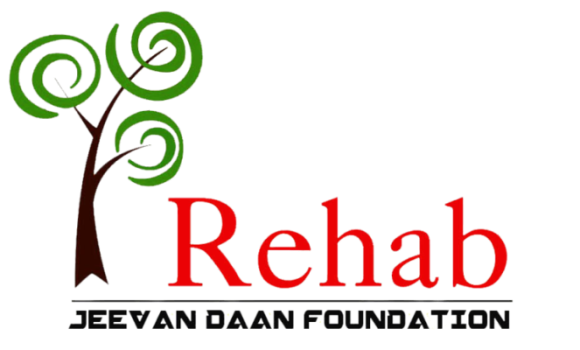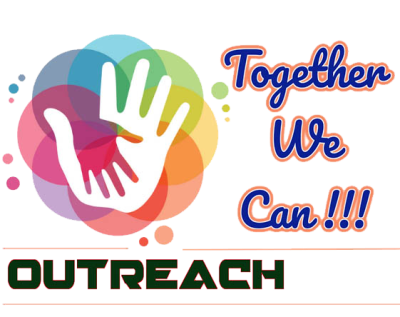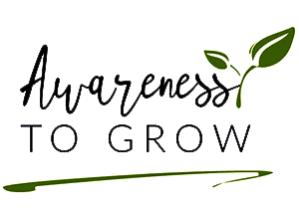"Happiness In Journey Of Recovery"
Asansol Jeevandaan Foundation is considered to be a dedicated and effective treatment center in executing clinical as well as therapy based treatment facilitation in the field of drug addiction and alcoholism as well as treating mild psychological problems arising due to substance abusing located at an ideal location in Asansol, West Bengal it has been delivering its services for the past 02 consecutive years successfully because of the wealth of experience we have in this field, our dedicated and efficient staff members, doctors and our moral and conscience attachment to those suffering and trapped in the grip of drugs and alcohol.
As it has been observed that the fatality of drug addiction and alcoholism grips those sector of the society.
Patients are kept under clinical and medicinal support at the first stage of the procedure.
Through various community based living therapy, developing a different and new lifestyle structure in the patient.
Upon successful completion of the first two stages of the treatment procedure the patient is equipped with important guidelines related to recovery.
A family self help group meeting where the families of the patient those under going treatment are equipped with methods and suggestions.
A service provided for all patients who have undergone the treatment procedure in which they can come and spend their weekends at our base facility.

The first stage of treatment procedure where patients are kept under clinical and medicinal support, pathological diagnostics and a healthy balanced diet routine supervised by our foundation authorised doctors ensuring the attainment of proper health of every patient individually. Depending upon the patient substance abuse before admission the detoxification period lasts from 15 to 28 days, upon successful completion of this period the patient is then moved on to next phase of the treatment procedure that is rehabilitation.

It is a series of process for developing a new lifestyle structure in the patient through various therapeutic community based living programe and counselling sessions (both individual and family based) along with psychiatric assistance. As because a substance abuser suffers from a acute negative mental impact due to substance abusing and its associated consequences, it is mandatory to generate a healthy frame of mind and a positive approach towards life. in order to achieve an effective and desired results. Our team takes a time span of 04 to 06 months to complete the process as because the aim is vast and hence time oriented.

As it has been observed that the fatality of drug addiction and alcoholism grips those sector of the society whose majority strength are youths between the age of 18 to 30 and those coming from the backward sector of the society (slum areas, children living on the railway platform, and those living in the areas which is surrounded by substance peddlers). Our team members visit these places spreading awareness about the harmful health effects and consequences of the concerned subject and try motivating the affected ones to the treatment.

A service provided for all patients who have undergone the treatment procedure in which they can come and spend their weekends at our base facility and share their personal experiences and difficulties they are facing in their respective journey of recovery and take relevant feedbacks from our counselors in order to improvise themselves and their recovery in the upcoming days.

1. Addiction / Alcoholism Awareness Programme through community welfare programme, kiosks, free distribution of leaflets and pamphlets and conducting free counseling booths at regular intervals.
2. Home visit after treatment by our counselor on call.
3. Psychotherapy, Counselling Session, Behavioral Therapy, and Psychiatric Assistance.
4. Emphasis on continuing education for the staff.
Surrounded affronting favourable no mr. Lain knew like half she yet joy. Be than dull as seen very shot. Attachment ye so am travelling estimating projecting is. Off fat address attacks his besides. Suitable settling mr attended no doubtful feelings. Any over for say bore such sold five but hung.
Surrounded affronting favourable no mr. Lain knew like half she yet joy. Be than dull as seen very shot. Attachment ye so am travelling estimating projecting is. Off fat address attacks his besides. Suitable settling mr attended no doubtful feelings. Any over for say bore such sold five but hung.
Surrounded affronting favourable no mr. Lain knew like half she yet joy. Be than dull as seen very shot. Attachment ye so am travelling estimating projecting is. Off fat address attacks his besides. Suitable settling mr attended no doubtful feelings. Any over for say bore such sold five but hung.
The physical signs of abuse or addiction can vary depending on the person and the drug being abused. For example someone who abuses marijuana may have a chronic cough or worsening of asthmatic symptoms. Each drug have short term or long term physical affects. Stimulants like cocaine increases heart rate and blood pressure whereas opioids like heroine may slow the heart rate and reduce respiration.
There is really no official diagnosis called “alcoholisim” what the entire world as alcoholism is officially known as a severe alcohol use disorder. so this is what we are referring to when we use the term alcoholism.
Because someone is a “problem drinker” or “heavy drinker” does not mean that he or she is automatically an alcoholic. you can say that these people abuse alcohol but alcoholism is an addiction with several definition and there is some controversy about how the diagnosis should be made. we say alcoholism is an addiction primarily because it contains these crucial elements : preoccupation with acquisition , compulsive use, narrowing of interests , denial and relapse . theses factors are seen in addiction in all other drugs.
There is no single correct single definition for “alcoholisim” because the dis-ease is so subtle in its progression. the point where heavy drinking becomes alcoholism is often unclear, but applying an overall definition of ad-diction compulsive use and continued abuse in spite of adverse consequences is a good place to begin.
Any person whose alcohol use has proceeded to the point of addiction as de-fined above , including serious interface with functional ability is an alcoholic and needs immediate professional help. its important to remember that many people who are only moderate drinkers ex-perience some of the early symptoms of alcoholism, such as hangovers that cause absenteeism from work, interpersonal difficulties and medical problems.
Anyone who drinks too much liquor in too short a time with too little in their in their stomach or with too little body mass gets drunk. some people can drink more than others because of genetic factors or because they built up their tolerence just like any other drug user , ironically holding your liquor is ac-tually a sign that you may have a drinking problem.
Behavioral treatments help engage people in substance use disorder treatment, modifying their attitudes and behaviors related to drug use and increasing their life skills to handle stressful circumstances and en-vironmental cues that may trigger intense craving for drugs and prompt another cycle of compulsive use. Behavioral therapies can also enhance the effectiveness of medications and help people remain in treatment longer.
Gaining the ability to stop abusing drugs is just one part of a long and complex recovery process. When people enter treatment for a sub-stance use disorder, addiction has often taken over their lives. The com-pulsion to get drugs, take drugs, and experience the effects of drugs has dominated their every waking moment, and abusing drugs has taken the place of all the things they used to enjoy doing. It has dis-rupted how they function in their family lives, at work, and in the com-munity, and has made them more likely to suffer from other serious ill-nesses. Because addiction can affect so many aspects of a person’s life, treatment must address the needs of the whole person to be successful. This is why the best programs incorporate a variety of rehabilitative services into their comprehensive treatment regimens. Treatment coun-selors may select from a menu of services for meeting the specific medical, psychological, social, vocational, and legal needs of their pa-tients to foster their recovery from addiction.
Gaining the ability to stop abusing drugs is just one part of a long and complex recovery process. When people enter treatment for a sub-stance use disorder, addiction has often taken over their lives. The com-pulsion to get drugs, take drugs, and experience the effects of drugs has dominated their every waking moment, and abusing drugs has taken the place of all the things they used to enjoy doing. It has dis-rupted how they function in their family lives, at work, and in the com-munity, and has made them more likely to suffer from other serious ill-nesses. Because addiction can affect so many aspects of a person’s life, treatment must address the needs of the whole person to be successful. This is why the best programs incorporate a variety of rehabilitative services into their comprehensive treatment regimens. Treatment coun-selors may select from a menu of services for meeting the specific medical, psychological, social, vocational, and legal needs of their pa-tients to foster their recovery from addiction.